6 Daily Budget Hacks That Will Transform Your Finances

I have been working in accounting for 16 years now and from the beginning of my accounting journey, I always felt like what I learned should be standard for all people to know.
All of us pay for things, and all of us take care of our finances for our entire lives. This is why I believe that there are some essential accounting terms and tasks that every responsible individual must know and practice in order to truly stay on top of their finances.
Here are six budget tasks you must do on a daily basis in order to keep your yearly, monthly, weekly and daily budget in check.
1. Check your budget before making any new purchases
This small step gives you a clearer picture of whether you can afford the new purchase and how it may affect your financial future. You will simply plug the cost of the desired purchase into your budget and see if your budget remains in the black or if you are in the red.
What do these colors mean? The accounting format in Excel and accounting software systems will turn negative numbers into this red format.
Also take notice that there is no negative sign next to the number, but the number is in parentheses. This red number means that your purchase will cause you to go over budget. Your goal is to always remain in the black.
Otherwise, you will spend more than what you have in your account and your bank will charge you fees for being overdrawn in your account.
2. Enter new purchases into your budget as soon as you make them
These include debit card transactions, credit card transactions, and any checks that you have written. Waiting to enter them into your budget until they hit your bank account is a huge mistake.
You can easily forget about a transaction, then make another purchase, and be overdrawn in your account, causing you to be in the red.
3. Check your email for any payment update notifications
Make sure you stay on top of all the update emails for any automatically debited payments, like utilities, for example. You should then immediately update your budget to reflect the updated amounts.
Of course, if you have not gone paperless and automated your bills yet, immediately update your budget and schedule any payments whenever any bills come in the mail.
Since bills like electricity can fluctuate tremendously during different seasons, you want to update your budget accordingly to ensure you keep enough in your account to have your bills covered at all times.
4. Check your bank accounts and credit card accounts for any new pending transactions
There are a number of reasons to check your bank accounts and your credit card accounts daily. One very important reason is to check for fraudulent activity. If you do find any, you must immediately report them in order to get the charges off your account.
If you do not report fraudulent transactions within 60 days, it is almost impossible to have them removed from your account. Another reason to check your bank accounts and your credit card accounts daily is to make sure you enter any payments that you may have forgotten about into your budget.
5. Check your bank accounts and credit card accounts for which transactions have cleared
Cleared transactions are those that have been debited from your account. This goes in line with the next budgeting task I am going to share, but you simply want to check off what transactions and checks have cleared your account.
6. Reconcile that your budget is accurate
The term “reconciling” in the context of accounting simply means checking that your balance on your budget matches the balance in your bank accounts and your credit card accounts.
Just check off what has cleared and possibly temporarily delete any pending transactions off your budget while checking to see if your balance is matched. Then you simply make any needed adjustments.
Once reconciled, you simply add the pending transactions back into your budget. This ensures that your budget stays in the black as you know that these transactions will eventually clear.
All four of these habits are all actual accounting tasks that accountants and bookkeepers enter within their accounting systems on a daily basis. You simply need to do these same tasks on your personal budget in order to properly stay on top of your finances.
Since you are doing the accounting just for yourself, these tasks should only take a few minutes a day to complete, especially if they become a regular habit, which they totally should.
Daily budget tips
I hope that this list has been helpful, and that you will incorporate these habits into your daily routine, as they are truly crucial to your financial awareness.
How do you stay on top of your finances? Do you use special apps or websites, Excel, or maybe do you keep an old school paper daily budget planner?
Leave a comment below and let me know your budgeting habits!
Next, check out my 6 Simple Tips For Organizing Paperwork the Easy Way.
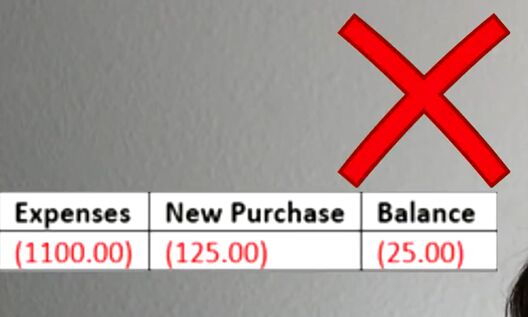


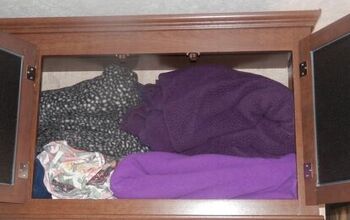

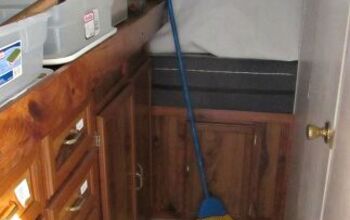








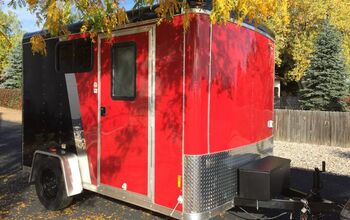




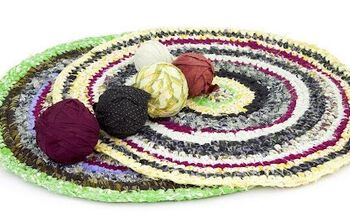

Comments
Join the conversation